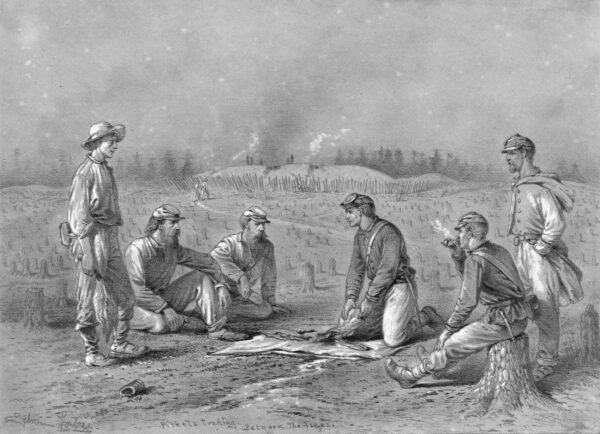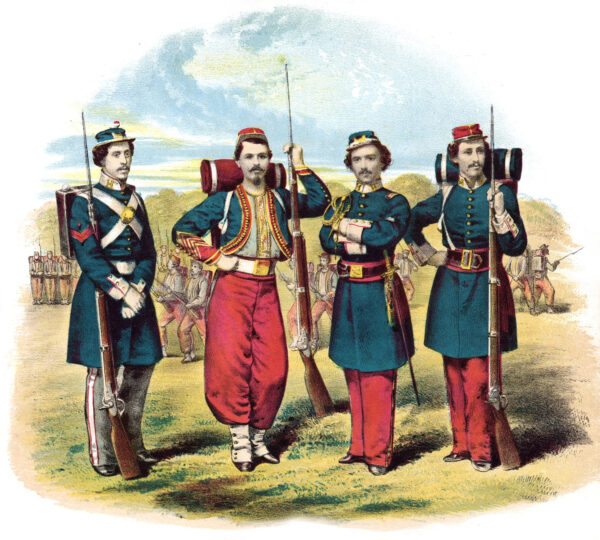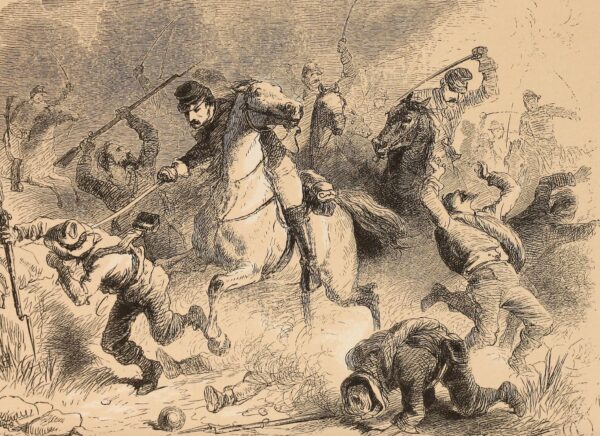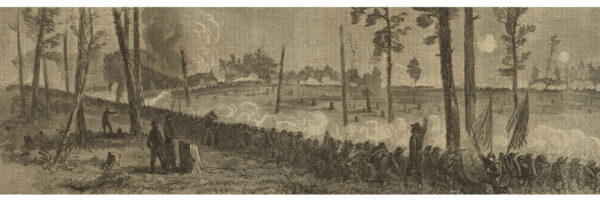“What does this mean?”
Carey Smith, 21st Mississippi Infantry, on realizing that his chest was covered in blood during the Battle of Savage’s Station, as recorded in a comrade’s memoir of the war. Smith then “instantly died,” wrote his comrade. “He had been mortally wounded without knowing when.”

“[O]ne of the thoughts that made it seem particularly hard to die was the recollection of several fair damsels whom I wasn’t quite ready to leave.”
Oliver Wendell Holmes Jr. (below), 20th Massachusetts Infantry, on what he pondered in the moments after being wounded in the chest at the October 1861 Battle of Ball’s Bluff, in an undated diary entry
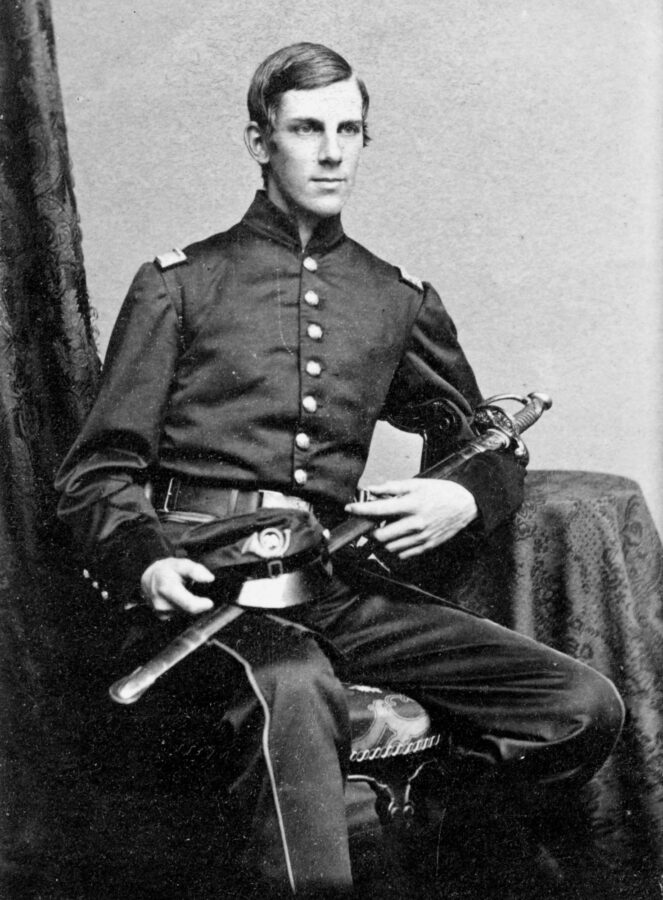
“[A]s I fell a minie ball fired but a rod away in my front just grazed my forehead, torn through my upper lip crushing both jaws and carrying away eleven teeth, the most painless dentistry I ever had done.”
Lemuel Abijah Abbott, 10th Vermont Infantry, in his diary about being shot in the face at the Third Battle of Winchester, September 19, 1864. Abbott had been falling to the ground after being hit in the chest by “the butt end of an exploding shell.”
“I felt as if I had been hit with a piece of timber, so terrible was the concussion and a stunning pain went through my head. I thought I was killed. It was my impression that I would never rise, but I was not alarmed or distressed by the thought that I was dying; it seemed a matter of indifference to me.”
Captain Oscar L. Jackson (below), 63rd Ohio Infantry, on being shot (“either a buckshot or a ball from a squirrel rifle”) below the right eye at the Battle of Corinth, in his diary, October 4, 1862
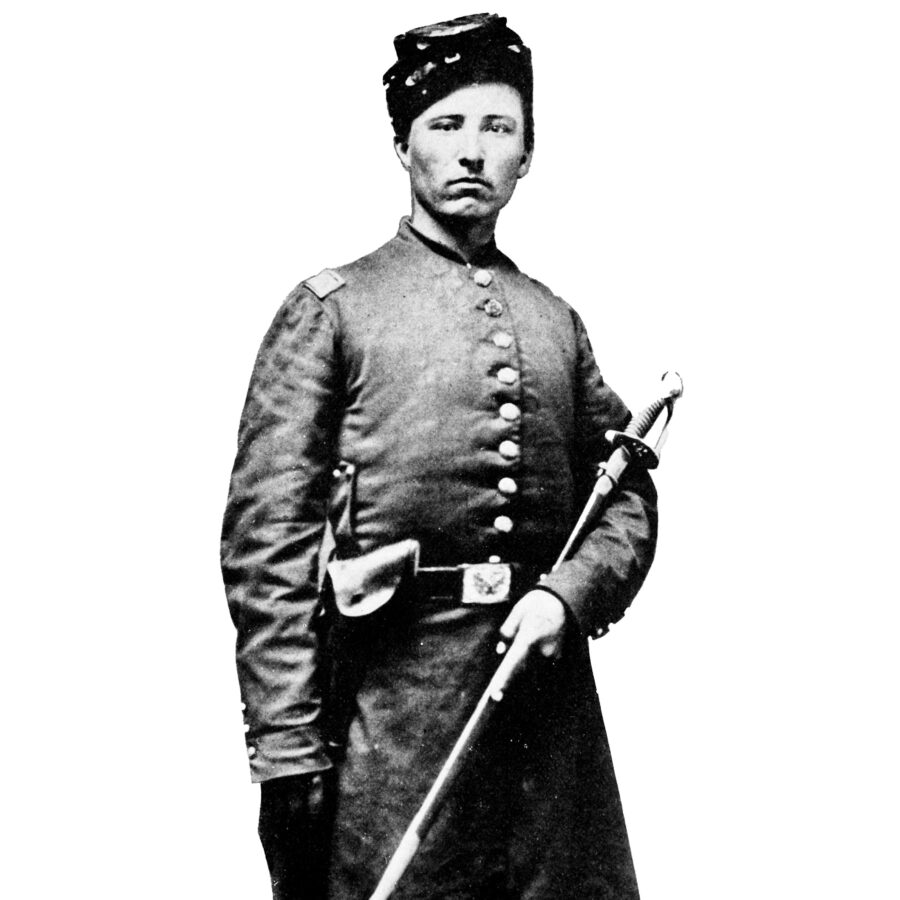
“[If] some friendly bullet … [would] hit me severely enough to send me home for 60 or 90 days, I would gladly welcome such a bullet and consider the Yankee who fired it as a good kind fellow.”
Confederate soldier E.J. Ellis, pining for a slight wound in a letter to his mother, March 18, 1863
Sources
Four Years Under Marse Robert (1903); The Colonel’s Diary (1922); Mark De Wolfe Howe, ed., Touched With Fire (1946); Personal Recollections and Civil War Diary, 1864 (1908); Bell Irvin Wiley, The Life of Johnny Reb (1943).

